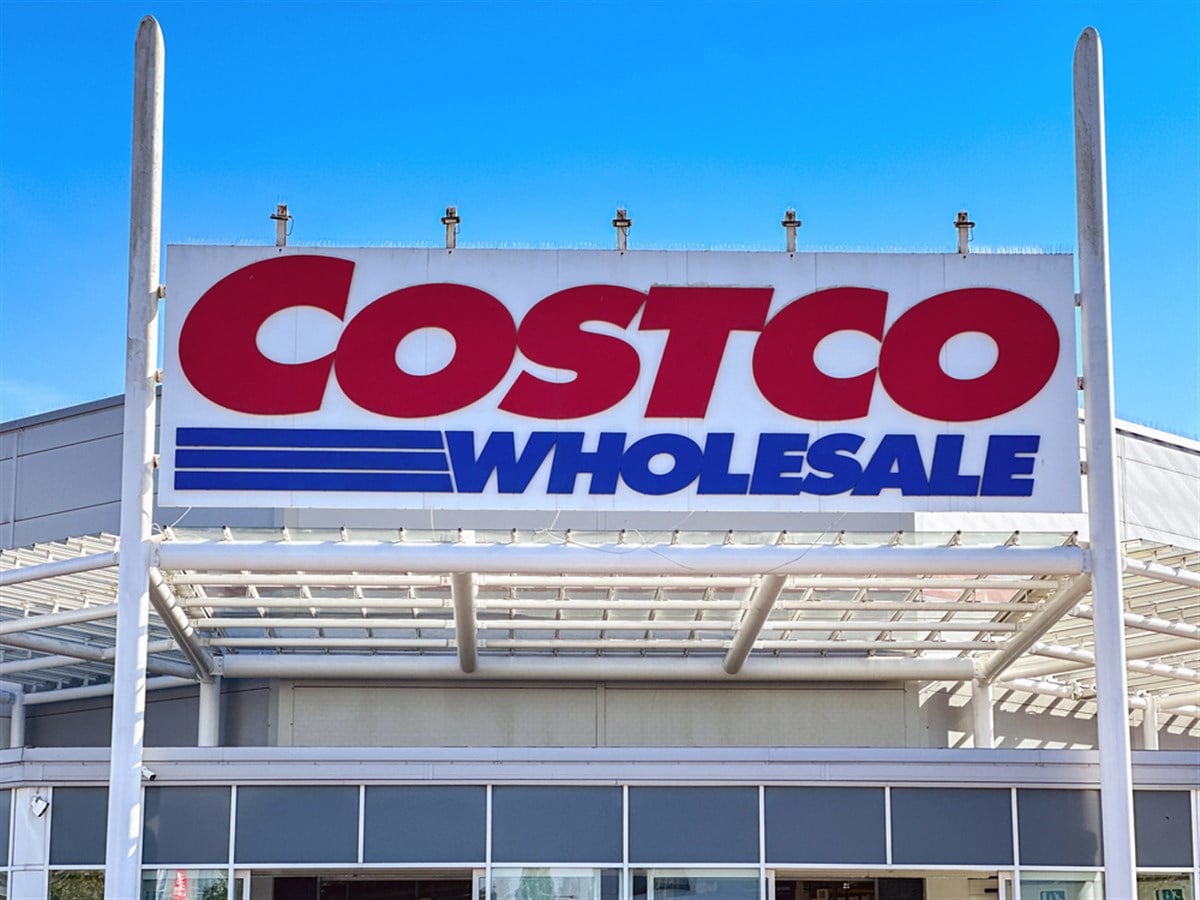
Costco Wholesale Corporation (NASDAQ: COST) recently saw its stock price decisively surpass the notable $1,000 per share threshold, a significant milestone for the retail giant. The most recent transit across the $1000 line seems to be holding steady, underscoring the company's sustained operational strength and significant market presence.
As of May 22, 2025, the shares traded at around $1,025, bringing its market capitalization to the vicinity of $455 billion. This achievement naturally prompts reflection among market participants, balancing the company's consistent performance as a wholesale winner against considerations of its current valuation and potential for increased price fluctuations as the stock settles into this new range.
The journey to and beyond this four-digit figure invites a closer look at the foundations of Costco's success and the strategic considerations for investors attempting to navigate this new chapter.
Key Strengths That Propelled Costco Past $1K
Several core fundamental strengths have propelled Costco's stock to its current levels. Central to its enduring appeal is the membership-based business model. This structure cultivates customer loyalty and generates a predictable, high-margin revenue stream from membership fees.
In the second quarter of fiscal 2025, these fees amounted to $1.193 billion. As of early 2024, Costco boasted over 130 million cardholders. Critically, membership renewal rates serve as a key indicator of customer satisfaction and revenue stability; at the end of Q2 FY25, Costco reported a U.S. and Canada renewal rate of 92.9% and a worldwide rate of 90.5%.
Costco's strong customer loyalty fuels consistent sales growth. In the second quarter of fiscal year 2025, ending February 16, 2025, the company reported a 9.1% year-over-year increase in net sales, reaching $62.53 billion. For the first 35 weeks of fiscal 2025, net sales grew 8.2% to $180.05 billion.
Costco's success is also driven by its Kirkland Signature private-label brand, which enhances member value and generates significant sales. Furthermore, operational efficiency contributes to its strong performance. This efficiency is achieved partly through offering a limited number of SKUs, streamlining inventory management and leveraging high sales volumes for cost advantages.
Costco has also consistently demonstrated a commitment to shareholder returns. The company has a track record of paying regular quarterly dividends and has increased this dividend for 22 consecutive years.
The most recent increase brought the quarterly payout to $1.30 per share.
Finally, the company’s e-commerce channel has become an increasingly important growth driver. In Q2 FY25, e-commerce comparable sales saw an adjusted increase of 22.2%, indicating successful adaptation to evolving consumer shopping preferences.
Is Costco's $1,000 Price Tag Justified?
With Costco's stock establishing itself above the $1,000 mark, attention naturally turns to its valuation. As of mid-May 2025, Costco's trailing price-to-earnings ratio (P/E) stood at approximately 60.21, with its forward P/E (based on earnings estimates for the next fiscal year) around 56.87.
The P/E ratio is a widely used metric to gauge how much investors are willing to pay for each dollar of a company's earnings. A higher P/E often suggests that investors expect higher earnings growth in the future compared to companies with lower P/Es.
[content-module:Forecast|NASDAQ: COST]Costco’s P/E ratios exceed broad market averages and many retail peers. However, investors often justify this premium due to its consistent growth, predictable earnings, and resilience across economic cycles.
Costco’s demonstrated ability to manage costs effectively and pass through inflationary pressures further supports this investor confidence.
Nevertheless, when a stock reaches a significant psychological milestone like $1,000, a period of increased price volatility can occur.
This is not uncommon and can be driven by several factors: some investors who have realized substantial gains may engage in profit-taking; others may reassess whether the current price fully incorporates future growth potential, leading to fluctuations in buying and selling pressure.
The $1,000 level might also be tested as a new psychological support or resistance area. This phase is typically viewed as a period of price discovery as the market digests the new valuation landscape.
Costco at $1,000: A Retail Powerhouse With a Premium Price
Costco Wholesale's stock surpassing the $1,000 mark clearly indicates its formidable business model, consistent execution, and enduring appeal to millions of members worldwide.
While its current market valuation reflects high expectations for continued performance, the company’s fundamentals, strategic growth initiatives, and consistent return of value to shareholders present a compelling narrative.
As the stock navigates this new price territory, strategic and disciplined investment approaches can offer investors a pathway to participating in this retail sector titan's ongoing journey.
Where Should You Invest $1,000 Right Now?
Before you make your next trade, you'll want to hear this.
MarketBeat keeps track of Wall Street's top-rated and best performing research analysts and the stocks they recommend to their clients on a daily basis.
Our team has identified the five stocks that top analysts are quietly whispering to their clients to buy now before the broader market catches on... and none of the big name stocks were on the list.
They believe these five stocks are the five best companies for investors to buy now...





